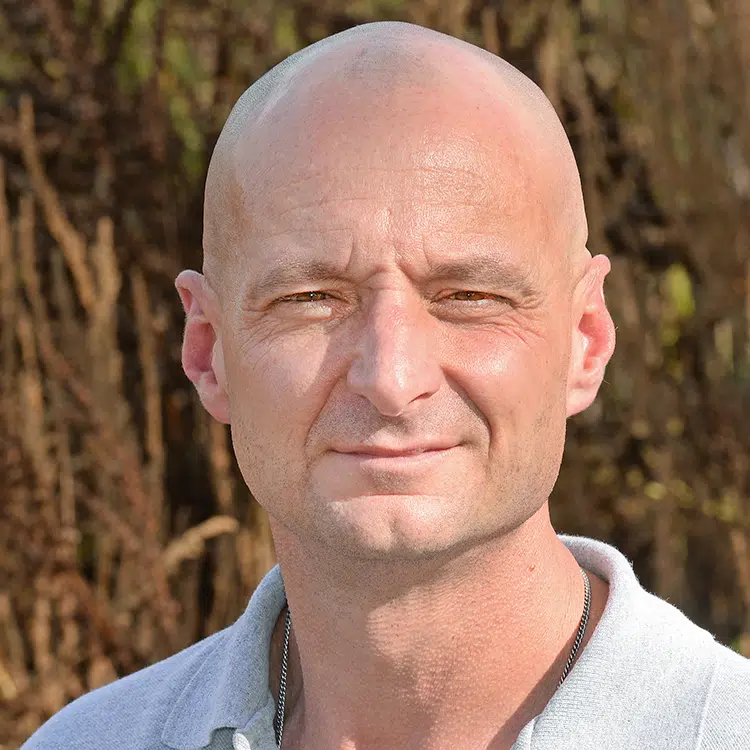MOSCOW (Reuters) – Russia on Tuesday shipped a generic version of the remdesivir antiviral drug called Remdeform to India as part of its humanitarian aid contributions to the South Asian country which is fighting a surge in COVID-19 cases, video footage showed and a source told Reuters.
This is the third delivery of humanitarian aid from Russia to India during the coronavirus pandemic, after it previously sent shipments including artificial lung ventilators, oxygen equipment and drugs, TASS reported.
The drug’s patent holder, a U.S. firm Gilead Sciences, filed a lawsuit challenging the Russian government’s decision last year to let pharmaceutical firm Pharmasyntez develop a generic version of remdesivir without their consent.
Video footage carried by Russian state-owned news agency TASS and Asian News International (ANI) showed packs of the drug being unloaded from a Russian emergencies ministry plane.
India’s official case load since the start of the pandemic stands at 26.95 million. Deaths due to COVID-19 stand at a total of about 307,231, according to health ministry data.
Russian ambassador to India Nikolai Kudashev said 225,000 packs of drugs were delivered, TASS reported. He did not mention the drug’s name, but a source familiar with the shipment’s details said all 225,000 packs included remdesivir.
“This support is based on exceptional goodwill and mutual trust, as well as the high level of the Russian-Indian strategic partnership,” Russian Deputy Chief of Mission Roman Babushkin told ANI.
Pharmasyntez referred questions about the shipment to Russian foreign ministry. Russia’s foreign ministry did not immediately respond to requests for comment.
Pharmasyntez last month said it was ready to ship up to 1 million packs of the drug to India.
Gilead did not respond to a Reuters request about the drug’s shipment to India.
Previously, in comments emailed to Reuters, Gilead said it was disappointed by the Russian government’s decision to issue a compulsory license for the drug and believed it fell short of Russian legal requirements for a compulsory licence.
(Reporting by Polina Nikolskaya; additional reporting Francesco Guarascio and Ludwig Burger; editing by Alexander Marrow and Bernadette Baum)



